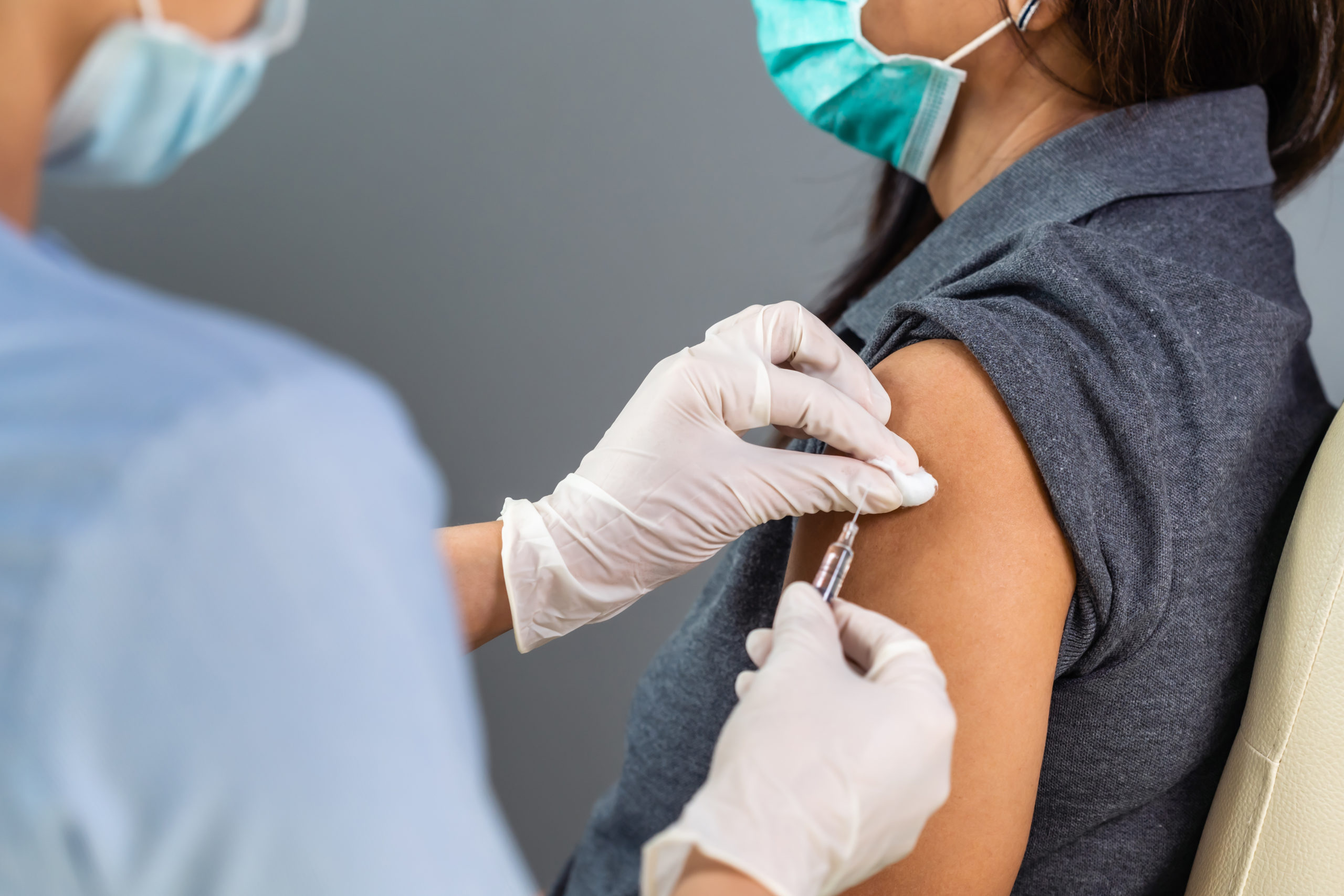One of the most frequently asked questions of 2021 is – “Now that I am vaccinated – what am I allowed to do?” It shouldn’t be much of a surprise that the answer is – “It depends.”
When Will We Get Back to Normal?
It Depends. It’s an infuriating answer, but it’s legitimate. We are all exhausted and frustrated by the changes that have had to be made to deal with COVID-19- the mask wearing, the social distancing, the just plain “missing out” of all of the important things that anchor our lives and our families. The reality is that while we can see the finish line – we are not quite there yet. While things are opening up, they can just as easily shut down again if we don’t continue to make these small adjustments.
Why?
In a nutshell, as many people became infected with the virus, the virus spread, and changed a bit and mutated, so there are many different sub-types or kinds of COVID now. Some of them, like the “British” or “Brazilian” variants you may have heard about in the news, are much more infectious. This means that you can get infected after being in contact for a very short period of time – under a few minutes- compared to the exposures needed to contract the virus earlier in the pandemic. So even smaller, quick, and incidental contact can still spread the virus.
The vaccines are terrific, and will protect you from getting very sick, but they are not perfect- think of it like birth control. Even if you are careful, you are not 100% assured of not getting the virus, but your likelihood of having a bad case or needing to be hospitalized is greatly reduced.
That means as tempting as it is to think of the vaccine or immunity as a “Get out of COVID Jail Free” card, we won’t be able to return to a 2019 version of normal for a while yet. However, if we’re all smart, we can get there faster. If people don’t follow the guidelines, the virus will continue to spread, and even more, and potentially worse mutations will occur.
The CDC Recommendations for Non-Healthcare Settings
People are considered fully vaccinated for COVID-19 2 full weeks following your second shot of the Pfizer-BioNTech or Moderna vaccine, or 2 full weeks after they have received a single-dose vaccine (Johnson and Johnson (J&J)/Janssen).
Fully vaccinated people can:
- Visit with other fully vaccinated people indoors without wearing masks or physical distancing
- Visit with unvaccinated people from a single household who are at low risk for severe COVID-19 disease, indoors ,without wearing masks or physical distancing.
- Refrain from quarantine and testing following a known exposure if asymptomatic.
- Resume domestic travel and refrain from testing before or after travel or self-quarantine after travel.
- Refrain from testing before leaving the United States for international travel (unless required by the destination) and refrain from self-quarantine after arriving back in the United States.
For now, fully vaccinated people should continue to:
- Take precautions in public like wearing a well-fitted mask and physical distancing
- Wear masks, practice physical distancing, and adhere to other prevention measures when visiting with unvaccinated people who are at increased risk for severe COVID-19 disease or who have an unvaccinated household member who is at increased risk for severe COVID-19 disease
- Wear masks, maintain physical distance, and practice other prevention measures when visiting with unvaccinated people from multiple households
- Avoid medium- and large-sized in-person gatherings
- Get tested if experiencing COVID-19 symptoms
- Follow guidance issued by individual employers
- Follow CDC and health department travel requirements and recommendations
Recommendations for Gatherings at Healthcare Settings
Recommendations for Gathering at healthcare settings such as a Retirement Community or an Assisted Living community is a little harder to talk about. While the goal of all guidelines is to ensure maximum safety for anyone, folks in congregate care settings can often have additional health challenges that may require a more fluid and conservative approach to gatherings and visitations.
At Chandler Hall, our residents’ safety is our highest priority. At no time will we jeopardize our residents’ health, so we adhere to all CDC and Pennsylvania and Bucks County Health Department guidelines that take local Covid-19 positivity rates into consideration as well as state and national trends.
For information on Chandler Hall’s current visitation policy for Personal Care and Memory Care click here.
Interested in our Personal Care Residences?
Chandler Hall offers personal care and memory care in home-like environments, that respect our resident’s need for privacy and autonomy while providing them the support they need to live their best lives. To find out more, please click the button below for more information.
